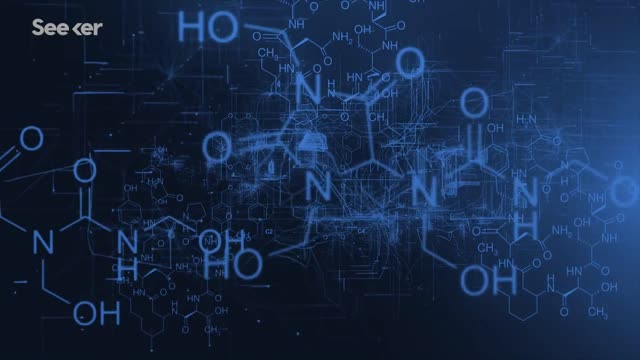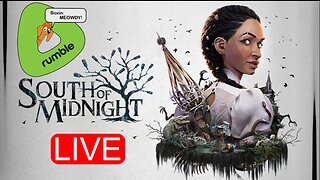Premium Only Content

How Close Are We To Immortality - Seeker
If you are human, you are going to die. This isn't the most comforting thought, but death is the inevitable price we must pay for being alive. Humans are, however, getting better at pushing back our expiration date, as our medicines and technologies advance.
If the human life span continues to stretch, could we one day become immortal? The answer depends on what you think it means to be an immortal human.
"I don't think when people are even asking about immortality they really mean true immortality, unless they believe in something like a soul," Susan Schneider, a philosopher and founding director of the Center for the Future Mind at Florida Atlantic University, told Live Science. "If someone was, say, to upgrade their brain and body to live a really long time, they would still not be able to live beyond the end of the universe."
Scientists expect the universe will end, which puts an immediate dampener on a mystery about the potential for human immortality. Some scientists have speculated about surviving the death of the universe, as science journalist John Horgan reported for Scientific American, but it's unlikely that any humans alive today will experience the universe's demise anyway.
Related: What happens when you die?
Many humans grow old and die. To live indefinitely, we would need to stop the body from aging. A group of animals may have already solved this problem, so it isn't as far-fetched as it sounds.
Hydra are small, jellyfish-like invertebrates with a remarkable approach to aging. They are largely made up of stem cells that constantly divide to make new cells, as their older cells are discarded. The constant influx of new cells allows hydra to rejuvenate themselves and stay forever young, Live Science previously reported.
"They don't seem to age, so, potentially they are immortal," Daniel Martínez, a biology professor at Pomona College in Claremont, California, who discovered the hydra's lack of aging, told Live Science. Hydra show that animals do not have to grow old, but that doesn't mean humans could replicate their rejuvenating habits. At 0.4 inches (10 millimeters) long, hydra are small and don't have organs. "It's impossible for us because our bodies are super complex," Martínez said.
Humans have stem cells that can repair and even regrow parts of the body, such as in the liver, but the human body is not made almost entirely of these cells, like hydra are. That's because humans need cells to do things other than just divide and make new cells. For example, our red blood cells transport oxygen around the body. "We make cells commit to a function, and in doing that, they have to lose the ability to divide," Martínez said. As the cells age, so do we.
We can't simply discard our old cells like hydra do, because we need them. For example, the neurons in the brain transmit information. "We don't want those to be replaced," Martínez said. "Because otherwise, we won't remember anything." Hydra could inspire research that allows humans to live healthier lives, for example, by finding ways for our cells to function better as they age, according to Martínez. However, his gut feeling is that humans will never achieve such biological immortality.
-
 LIVE
LIVE
Boxin
3 hours agoWe Continue South Of Midnight
340 watching -
 LIVE
LIVE
SquallRush
5 hours agoRanked Grind
88 watching -
 LIVE
LIVE
Lofi Girl
2 years agoSynthwave Radio 🌌 - beats to chill/game to
2,292 watching -
 7:12
7:12
New York Post Sports
17 hours agoYankees ready to renew their rivalry with Red Sox in the Bronx
52.5K2 -
 14:03
14:03
Clownfish TV
18 hours agoBlack Panther is WHITE and Bluesky is BIG MAD!
30.4K21 -
 1:05:10
1:05:10
Dad Dojo Podcast
10 days ago $10.38 earnedEP34: WHEN IS IT OK TO TREAT YOURSELF?
37.1K2 -
 10:55
10:55
Cooking with Gruel
10 days agoSimple Salmon with Kimchi Sauce
27.8K -
 26:21
26:21
RoxomTV
1 day ago🔥 Saifedean Exposes the Fiat Scam — Bitcoin Is the Only Way Out 💰💀 | Roxom Exclusive
36.8K3 -
 1:58:08
1:58:08
Badlands Media
17 hours agoThe Liberty Den Ep. 145: Trump Traps, Vaccine Fallout & the Weaponization of Law
137K72 -
 9:02:43
9:02:43
SpartakusLIVE
14 hours agoVerdansk EASTER EGG, Specialist ALL NIGHT || Duos w/ @GloryJean followed by Quads w/ The Boys
110K4